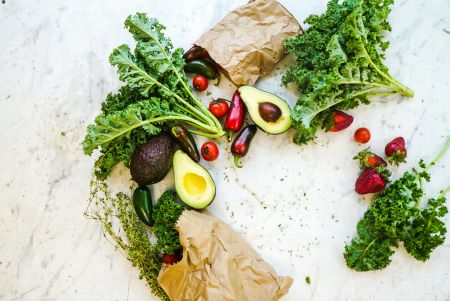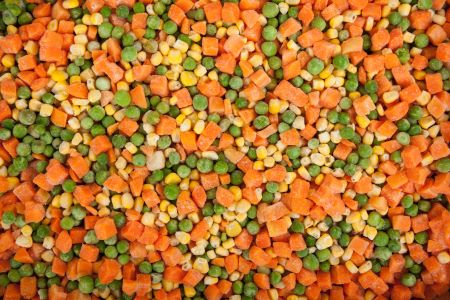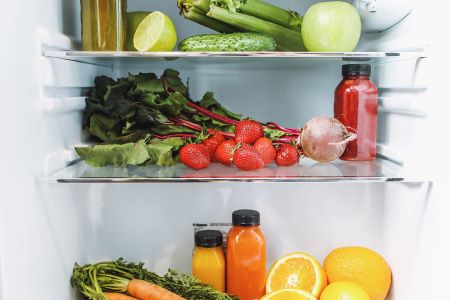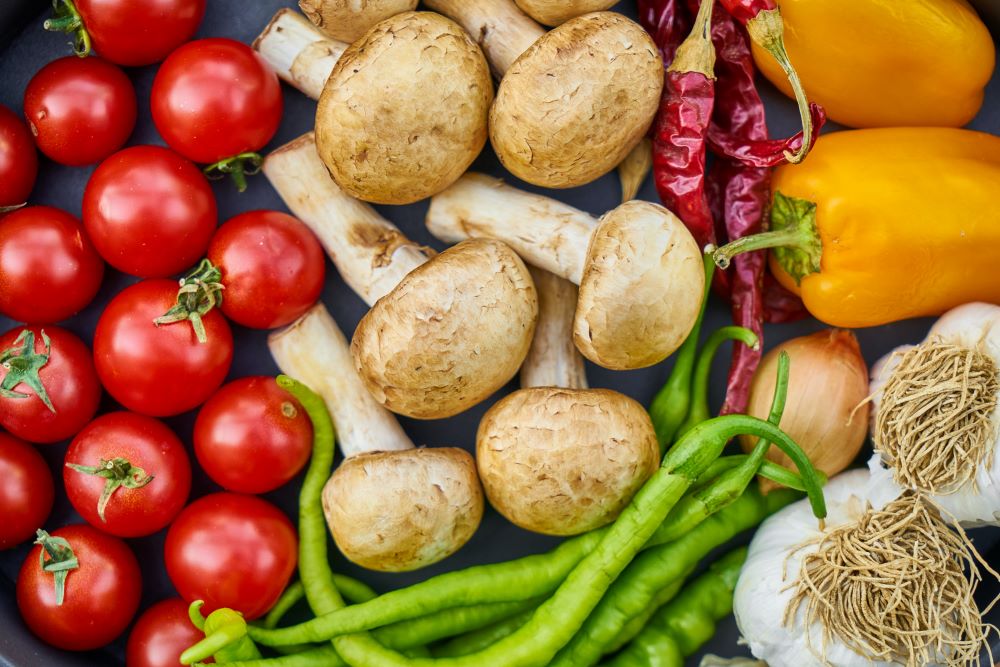Navigating the Produce Aisle: Fresh or Frozen Vegetables – Which Are Better?
The quest for a healthy diet often leads us to the produce aisle, where the choice between fresh and frozen vegetables can be perplexing. Both options boast nutritional benefits, but each comes with its own set of considerations. We will look at the debate between fresh and frozen vegetables, examining factors such as nutritional content, convenience, cost, and environmental impact to help you make informed choices for your well-balanced plate.
Fresh Vegetables: A Symphony of Colors and Textures

The Allure of Freshness
Fresh vegetables have an undeniable appeal, with their vibrant colors, crisp textures, and an array of flavors that tantalize the taste buds. When sourced locally and in season, fresh produce often carries a higher nutrient content due to shorter transportation times and minimal storage.
1. Nutrient Content:
Fresh vegetables are celebrated for their nutrient density. They are rich in essential vitamins, minerals, and antioxidants that contribute to overall health. However, the nutrient content can degrade over time, especially during prolonged storage or transportation.
2. Flavor and Texture:
One of the key advantages of fresh vegetables is their appealing texture and flavor profile. The crispness of a just-picked apple or the juiciness of a ripe tomato can elevate the culinary experience, making fresh produce a go-to choice for those who prioritize taste.
3. Seasonal Variety:
Choosing fresh, seasonal vegetables allows you to enjoy a diverse range of flavors throughout the year. Seasonal produce is often more abundant, less expensive, and supports local agriculture, creating a positive impact on both your health and the environment.
Considerations for Fresh Produce:
- Short Shelf Life: Fresh vegetables have a limited shelf life, requiring careful planning to avoid spoilage and waste.
- Preparation Time: Washing, peeling, and chopping fresh vegetables may add extra time to meal preparation.
- Cost Variability: The cost of fresh produce can fluctuate based on factors such as seasonality and location.
Frozen Vegetables: The Convenience of Preservation

The Frozen Advantage
Frozen vegetables, often considered the unsung heroes of the freezer aisle, offer convenience without compromising nutritional value. Flash-freezing technology preserves vegetables at their peak, locking in essential nutrients and extending their shelf life.
The Gut-Healthy Delight: Making a Fresh Strawberry Milkshake
1. Nutrient Retention:
Contrary to common misconceptions, frozen vegetables can be just as nutrient-rich as their fresh counterparts. The flash-freezing process occurs shortly after harvest, preserving vitamins and minerals. In some cases, frozen vegetables may even retain more nutrients than fresh ones that have spent extended periods in transit or on store shelves.
2. Convenience:
The convenience of frozen vegetables is undeniable. They are pre-washed, pre-cut, and ready to use, making meal preparation quicker and more efficient. This can be particularly advantageous for busy individuals or those with limited time for cooking.
3. Cost Efficiency:
Frozen vegetables often offer cost advantages, especially when considering out-of-season produce. They can be a budget-friendly option for maintaining a well-rounded and nutritious diet, allowing you to access a variety of vegetables regardless of the time of year.
Considerations for Frozen Produce:
- Texture Changes: Some vegetables may experience changes in texture after freezing and thawing.
- Added Ingredients: Check for added ingredients, such as sauces or seasonings, which can contribute to sodium and calorie intake.
- Storage Space: While frozen vegetables have a longer shelf life, they do require freezer space, which may be a consideration for those with limited storage.
Finding the Balance: Mixing Fresh and Frozen

The Harmony of Both Worlds
In the fresh vs. frozen debate, the answer may lie in finding a harmonious balance between the two. Combining the advantages of fresh and frozen vegetables can offer a practical and nutritious approach to meeting your dietary needs.
5 Healthy Breakfast Recipes for Weight Loss
1. Balanced Nutrient Intake:
By incorporating both fresh and frozen vegetables into your diet, you can enjoy a diverse range of nutrients. Fresh produce can provide peak-season flavors and textures, while frozen options offer convenience and consistent nutrient content.
2. Meal Prep Efficiency:
Striking a balance between fresh and frozen vegetables can streamline your meal preparation. Use fresh produce when time allows for a culinary experience, and rely on frozen options for quick and easy solutions on busy days.
3. Economic and Environmental Considerations:
Balancing fresh and frozen vegetables can also be economically and environmentally sustainable. Opt for fresh, local produce when in-season, and rely on frozen options for out-of-season or hard-to-find varieties.
Perfect Poached Eggs: A Step-by-Step Guide
The choice between fresh and frozen vegetables is not a one-size-fits-all decision. It’s about understanding the advantages each option offers and tailoring your choices to fit your lifestyle, preferences, and nutritional goals. Whether you opt for the crispness of a just-harvested apple or the convenience of pre-cut frozen broccoli, both fresh and frozen vegetables have a place on your plate. Ultimately, a balanced and mindful approach to your vegetable choices ensures that you reap the nutritional benefits while savoring the flavors of each season, year-round.
